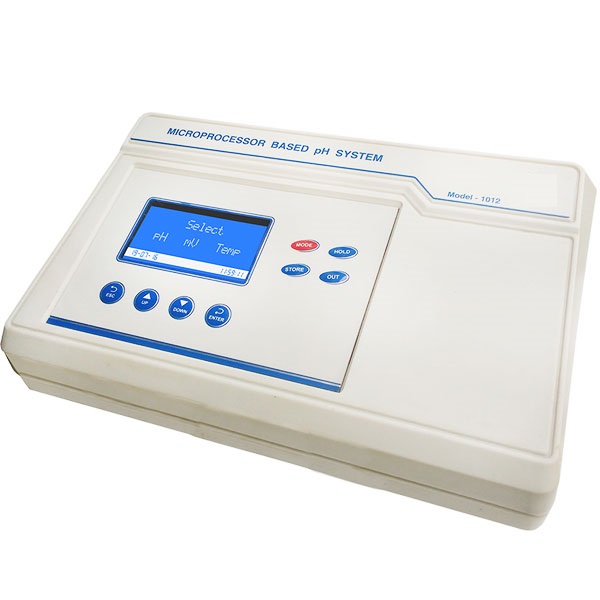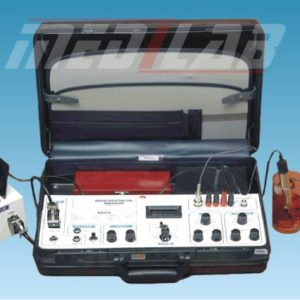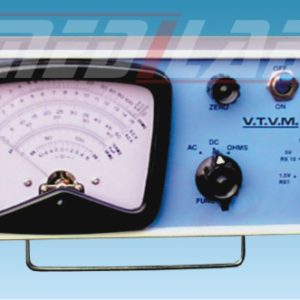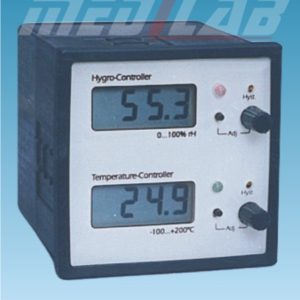Description
Microprocessor pH meters are laboratory instruments used to measure the pH level of a solution. They use a microprocessor-controlled system to provide precise and accurate measurements of the pH level and can be operated through a digital display or a computer interface.
The instrument consists of a pH electrode, a reference electrode, a temperature sensor, and a microprocessor-controlled system. The pH electrode measures the acidity or basicity of the solution, while the reference electrode provides a stable reference voltage. The temperature sensor measures the temperature of the solution to ensure accurate readings.
The microprocessor-controlled system uses algorithms and calibration factors to provide precise and accurate measurements of the pH level of the solution. The measured values are displayed on a digital display or can be transmitted to a computer interface for data analysis and storage.
Microprocessor pH meters are commonly used in research laboratories, water treatment plants, and the food and beverage industry to measure the pH level of liquids. They are also used in medical research to measure the pH level of bodily fluids.
The advantages of using microprocessor pH meters include their ability to perform precise and accurate measurements, their automation of the measurement process, and their ability to handle a wide range of sample types. They are also faster and more efficient than traditional methods of pH measurement, such as litmus paper or colorimetric analysis.







